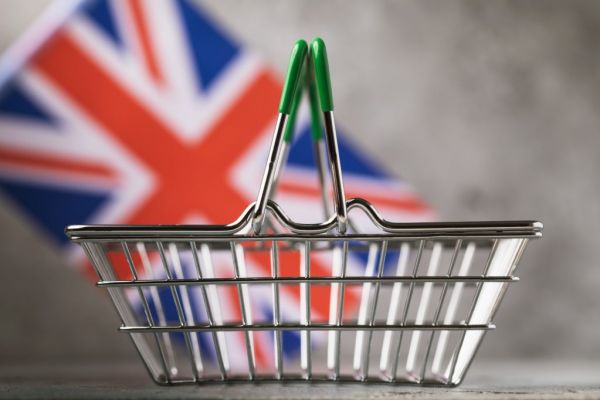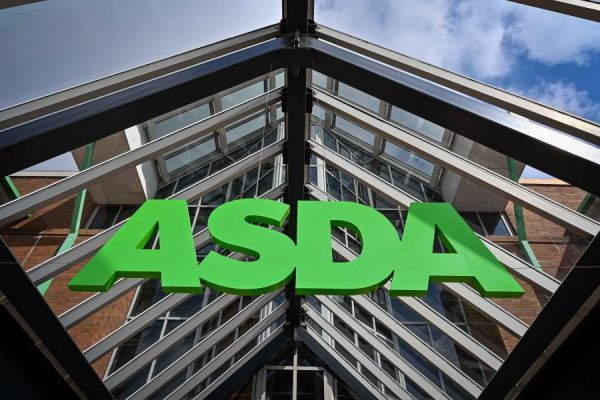One in ten UK businesses believe they would likely go bankrupt if goods were delayed by just 10 – 30 minutes at customs as a result of Brexit, according to new research.
The Chartered Institute of Procurement & Supply (CIPS), the UK trade body, carried out a survey of 1,310 UK and EU-based supply chain managers, the professionals responsible for navigating customs and negotiating with suppliers around the world.
As the withdrawal date creeps closer, issues on the front of mind are concerns about longer queues at the borders due to a potential increase in paperwork and checks required to clear customs.
Border Delays
According to the respondents, the longer the delay, the more likely their business would go bankrupt, with the proportion of companies that would go out of business increasing to 14% if delays to the customs process reached 1 – 3 hours, and 15% at 12 – 24 hours.
“The UK economy could fall off a cliff on Brexit day if goods are delayed by just minutes at the border. Businesses have become used to operating efficiently with exceptionally lean, frictionless supply chains, where quick customs clearance is a given,” said John Glen, Economist at CIPS.
“Customs delays would not only affect businesses, but would also lead to a shortage of products on shelves and an increase in prices for consumers as well.”
Businesses in the UK are reported to be piecing together their contingency plans for the border delays. More than a quarter (28%) of UK businesses have said they will stockpile goods, with 4% already starting to do so while 23% are planning to stockpile in the future.
Brexit Preparedness
Other steps being taken by businesses to alleviate the potential impact of customs delays include building greater flexibility into contracts (21%) and looking for alternative suppliers outside the EU (21%).
Half of UK companies said they would struggle to find the suppliers and skills they need in the UK if they were forced to re-shore parts of their supply chain post-Brexit.
However, almost two fifths (38%) said they cannot prepare at all as future trade arrangements are still too unclear.
“The Brexit deadline is drawing nearer and while most businesses are trying to prepare, they are limited on what they can do until a final Brexit deal has been agreed. Stockpiling goods is an option for some businesses, but many do not have the facilities available to store surplus stock, and those working with perishable goods simply won’t be able to. Companies are also struggling to onshore their supply chains to the UK due to a lack of suitable alternatives,” Glen added.
“To prevent an economic meltdown, the Government must ensure that goods continue to flow seamlessly across the border post-Brexit. Negotiators also need to agree on a deal quickly to ensure they give businesses adequate time to prepare, with the majority of UK supply chain managers stating they need at least a year to prepare for Brexit, once the final deal has been agreed."
© 2018 European Supermarket Magazine – your source for the latest retail news. Article by Aidan O'Sullivan. Click subscribe to sign up to ESM: European Supermarket Magazine.














